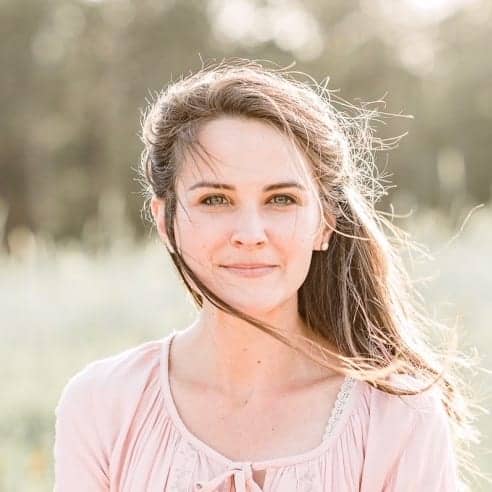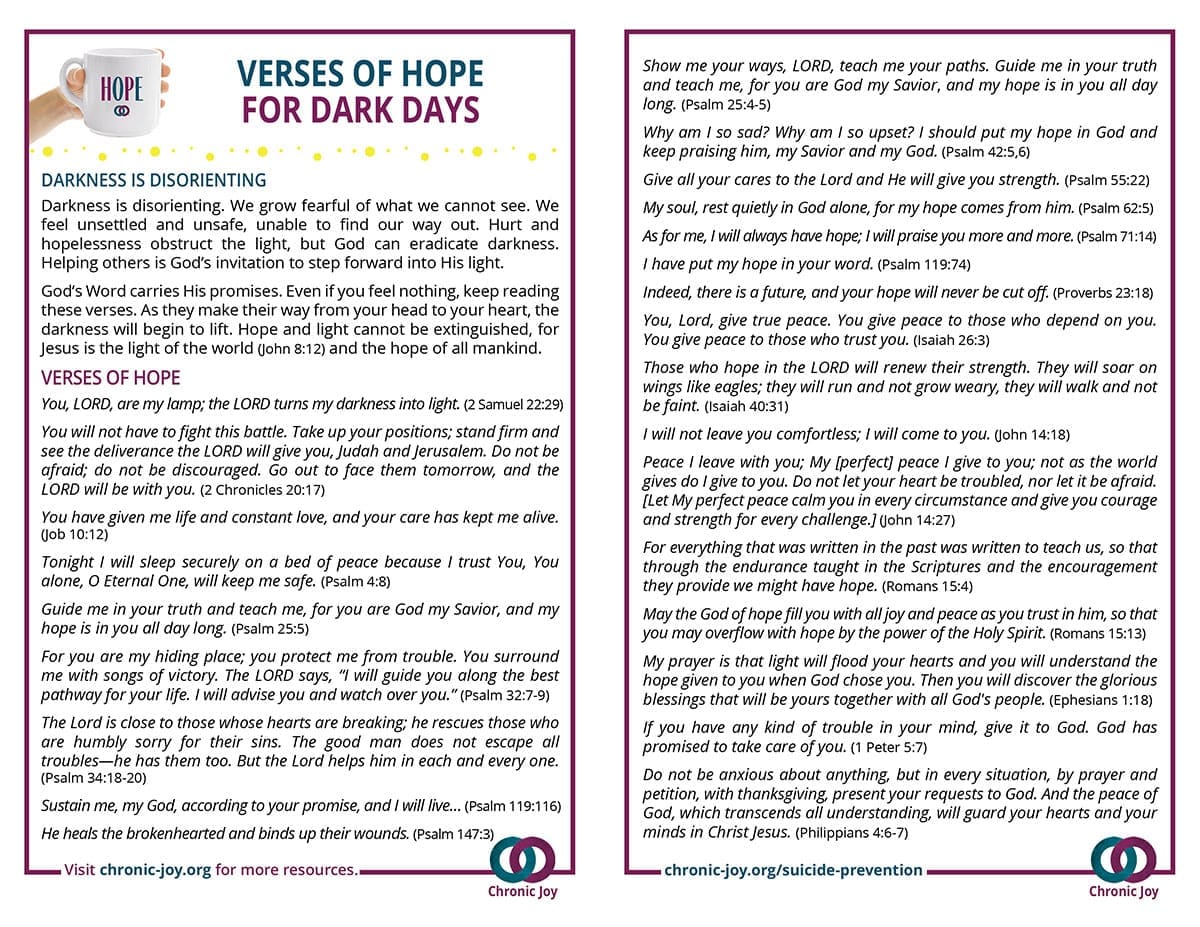
I could be bitter. I could let that meanness overtake me … but there is Good News! (Sarah Williard)
WAR STORIES
Each home has its unbelievers and its believers, and thereby, a good war is sent to break a bad peace. (St. Jerome)
I was born with a minor defect that caused unavoidable and almost constant urinary tract infections. It took many years and countless doctors for us to discover this. Even then, there wasn’t much that could be done except to hope I would outgrow it. I was a ruddy, bright, round, and feisty little girl, the external picture of health—not exactly athletic, but exuberant. I took the lead in the school plays, sang Gaelic ballads at the top of my lungs, played make-believe fairy sprites with my sister all the summer day long, and hunted fireflies at night.
Then Mama would take me to the doctor, and I would pee into a cup and wait a long time. Eventually, the doctor would come back to the room where I had thoroughly crinkled the paper cover on the bench with my squirming to say, “Mrs. Willard, your daughter is a very sick little girl.”
Amazingly, my system (under the threat of constant infection) responded by masking the symptoms that would have slowed me down. It was good that I was able (apart from hospital visits, some pain, and no bubbles in the bathtub—which seemed a heavy cross at the time!) to have a normal childhood. Yet the professionals didn’t seem very impressed. Apparently, prolonged internal warfare, even in secret, takes its toll—but what could we do?
GOD DOESN’T MAKE MISTAKES
Mama knew what to do. She often told me from the beginning that God made me without a mistake. She didn’t even leave His purpose a mystery. “He is making you compassionate,” she said, with far more assurance than the doctors displayed even when putting their learned heads together to decipher the test results. When I was held back a year in school, she said it again. When I struggled with a speech impediment, she said it again. When I grew chubby and was made fun of, she said it again. She always said it without pity and in utter confidence (as Elijah exercised when throwing the mantel over Elisha).
“Yes, but couldn’t He make someone else compassionate for a little while?” I sometimes thought—but overall (maybe because these challenges were relatively minor), I was thankful and awed. More than that, it was ingrained into me that affliction is fertile ground, that meanness is the Worst Thing Ever, that this present life is short (a rare comfort in childhood), and that Jesus loved me. When I was unkind, there was double shame on me. How could I, having suffered, cause suffering? That thought alone (even just once or twice in a lifetime) is worth the cost.
Well, I did outgrow the defect. It’s an old war story now. We’ve moved on. I learned compassion like I learned to tie my shoes, right? I went through a hard lesson, and now that experience can carry me gently through the rest of my happy life, right? Next to patient endurance, there’s a big check by my name, right? Wrong.
THE PROTECTIVE WALL
In one of my favorite essays called A Piece of Chalk, G.K. Chesterton writes, “But all conservation is based upon the idea that if you leave things alone, you leave them as they are. But you do not. If you leave a thing alone, you leave it to a torrent of change. If you leave a white post alone, it will soon be a black post. If you particularly want it to be white, you must always be painting it again; that is, you must always be having a revolution.”
There is a great mystery here. I do not know why some people experience more revolution than others. I have known less affliction than many people of far nobler character than myself. Suffering does not elevate us in the Christian experience—but it can purify. It can expose the worldly green briars, the wood rot, and our hearts’ weak integrity. I may be stretching the analogy too far. Still, it has been helpful for me to think of Chesterton’s fence as surrounding an Inner Sanctum of fellowship with the Triune God—not as a barbed wire through an overgrown field, but as a wall protecting something precious…like a garden.
WHITE FENCES AND HOPE WITH CHRONIC ILLNESS
In my early twenties, when I became symptomatic with rheumatoid arthritis, I began to call this image the Shining Barrier. You may recognize the name from the book A Severe Mercy by Sheldon Vanauken (though he used it in a different context). The Secret Garden was my favorite movie as a child. Then, I read the book and fell in love with it again, especially with Tasha Tudor’s illustrations.
The garden at my childhood home was also enclosed and had a wire fence overgrown with morning glory and trumpet vine. It was good enough to give me that safe, magical feeling of being held and part of a great secret between friends. Maybe it seems like a childlike sort of mental health exercise, but having an image to meditate on in affliction is undeniably helpful. You just have to be there to understand. The Lord is my Shepherd, I shall not want. He makes me lie down in green pastures, He leads me beside still waters….(Psalm 23:1-2) David’s God of the Green Pastures is the God of my Shining Barrier.
You may know that rheumatoid arthritis is an autoimmune disease in which the body attacks itself; in the case of RA, the body specifically attacks the joints. My symptoms have been comparatively mild (swollen knuckles and tender, weak hands) with many months between flare-ups, yet I already know something of the depression that rides on the wake of a chronic disease. The warfare of autoimmunity is maddening.
BEYOND THIS FRAGILE LIFE
When I am tired—not from being a brave Christian in the world, or from raising children, or from planting a potato field, but from the conflict of my cells, cells that cannot read The Peacemaker by Ken Sande, cells that receive communion with the rest of me but refuse to forgive and move on, cells that I cannot command (even with the Holy Spirit, as I can with my mind)—there is unique hopelessness that comes to press on the soul.
It presses on that weak spot in the Shining Barrier, the loose bricks of my misplaced expectations and self-love. It whispers that it will only get worse, that I will soon be crippled and undesirable, and that the best things have already come and gone. “Why don’t you just kill me now?” Moses said (because of his frustrating brothers). My flesh is Israel, all twelve tribes cramped together in a trailer—during an ice storm.
“What’s the worst thing that could happen?” Mama asked me just the other day when I was anxious and overwhelmed. This is one of her favorite questions. Thinking over the conflicts without and within, I said, “I could be bitter.” I could let that meanness overtake me, and that would be the Worst Thing Ever—but there is Good News for Israel! I heard it long ago. Because of Jesus, affliction has become a Green Pasture, and beyond this fragile life is unbroken fellowship in the Shining Barrier I have only seen as in a mirror darkly, but soon—oh soon—face to face.
PRAYER
Father, our illnesses can whisper discouraging words to us, causing us to feel hopeless, anxious, or overwhelmed. May we hear Your voice above any of these. Please use our illnesses to grow us to be more like You and to remind us of the Good News that this is only for a time. In Jesus’ name, amen.
QUESTIONS FOR REFLECTION
- Have troubling emotions pressed on your soul recently? Is there comfort and help in Scripture? (16 Verses to Ignite Hope)
- How do you see your affliction as fertile ground for your growth?
- Reread the G.K. Chesterton quote. How do you relate to his words?


Sarah Willard
Sarah lives in her family’s beautiful woodland home in the foothills of South Carolina. She enjoys gardening, a good book, afternoon tea, and her scruffy dog, Amos.

Verses of Hope for Dark Days
Darkness is disorienting. We grow fearful of what we cannot see, feel unsettled and unsafe, and are unable to find our way out. Hurt and hopelessness obstruct the light, but God can eradicate darkness. Helping others is God’s invitation to step forward into His light.

Recent Comments